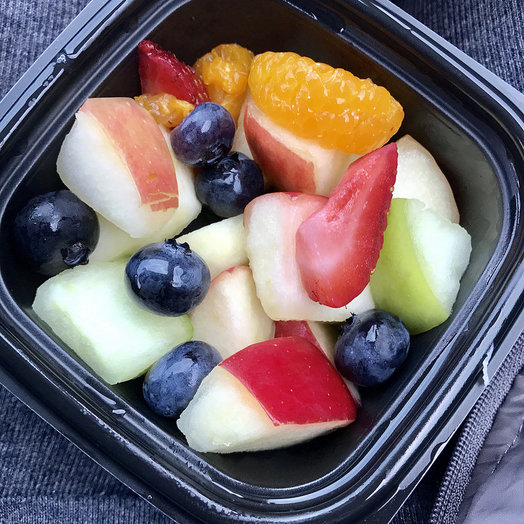|
Training plans and Coaches will often call for Recovery Days and/or Rest Days. Do you really know what Recovery means or why you need to do it? The first thing you need to understand is that, in simple terms, exercise is the process of tearing down and recovery is the process of building back. So technically you make athletic gains during recovery not exercise. So now you begin to understand why recovery is so important. Let’s explore the different types of recovery… Sure, we know we need to eat after a hard workout, but why and what? Most nutritionists agree that there is a window of opportunity to re-fuel your body post workout. The 30 to 60 minutes after a workout is when your body is most efficient at replenishing your glycogen stores. In my opinion, post workout is the worst time to eat high calorie “junk” food. You just put your body through stressors that broke the body down, so foods dense in micro and macro nutrients should be consumed to give the body everything it need to begin the rebuilding process. You should re-fuel with whole, unprocessed foods (preferably plant based). In fact, a whole food plant based diet is optimal for everyone but I’ll save that discussion for another blog post. The bottom line is, Food is an important component in the recovery process. So, choose your post workout meals wisely and remember “you are what you eat”. Active recovery is a work out designed to move the body to help facilitate recovery without further stressing the body. Think, slow and easy. These workouts are designed to help bring fresh blood and nutrients to the muscles and joints to aid the recovery process. This is also the concept behind hard days followed by easy days. I hate the term junk miles. Every workout has a purpose. Intervals, sprints, hill repeats, are your hard, body stressing days and recovery, easy pace, high RPM spin are your easy “help your body recover” days. It is very important to make sure to make easy days easy. They are strategically placed in training plans for recovery. Sleep is often overlooked as a recovery tool. The body does most of its repairing while you sleep. Cutting back on your sleep will cut back on the amount of time your body has to repair itself. Continue to deprive your body of enough sleep and performance gains will suffer. How much sleep do we need? The National Sleep Foundation recommends 7 to 9 hours (adults 26-64). According to the National Institutes of Health, the average adult sleeps less than seven hours per night. An Athlete with a heavy training schedule will need more than 9 hours to be at peak performance at every training session. I think sleep is so important that I’ll recommend an athlete to skip a morning workout if they have missed too much sleep. What about things like foam rollers, massage, and Norma Tec? I think these items can have a place in the recovery process. However, I don’t think they can replace healthy food and rest/sleep. A healthy diet and the proper amount of sleep need to be the corner stone of your recovery, then these other modalities can be added to further aid the process.
Proper recovery is essential if you want to get the most out of your training. A fully recovered body will be able to execute hard workouts better. If you base recovery on healthy food and proper sleep you will be setting yourself up for success. Happy Training! Coach Jay
1 Comment
|
What's New?
Check in often for upcoming events, news, recipes and more. Archives
August 2022
Categories
All
|
Proudly powered by Weebly



 RSS Feed
RSS Feed